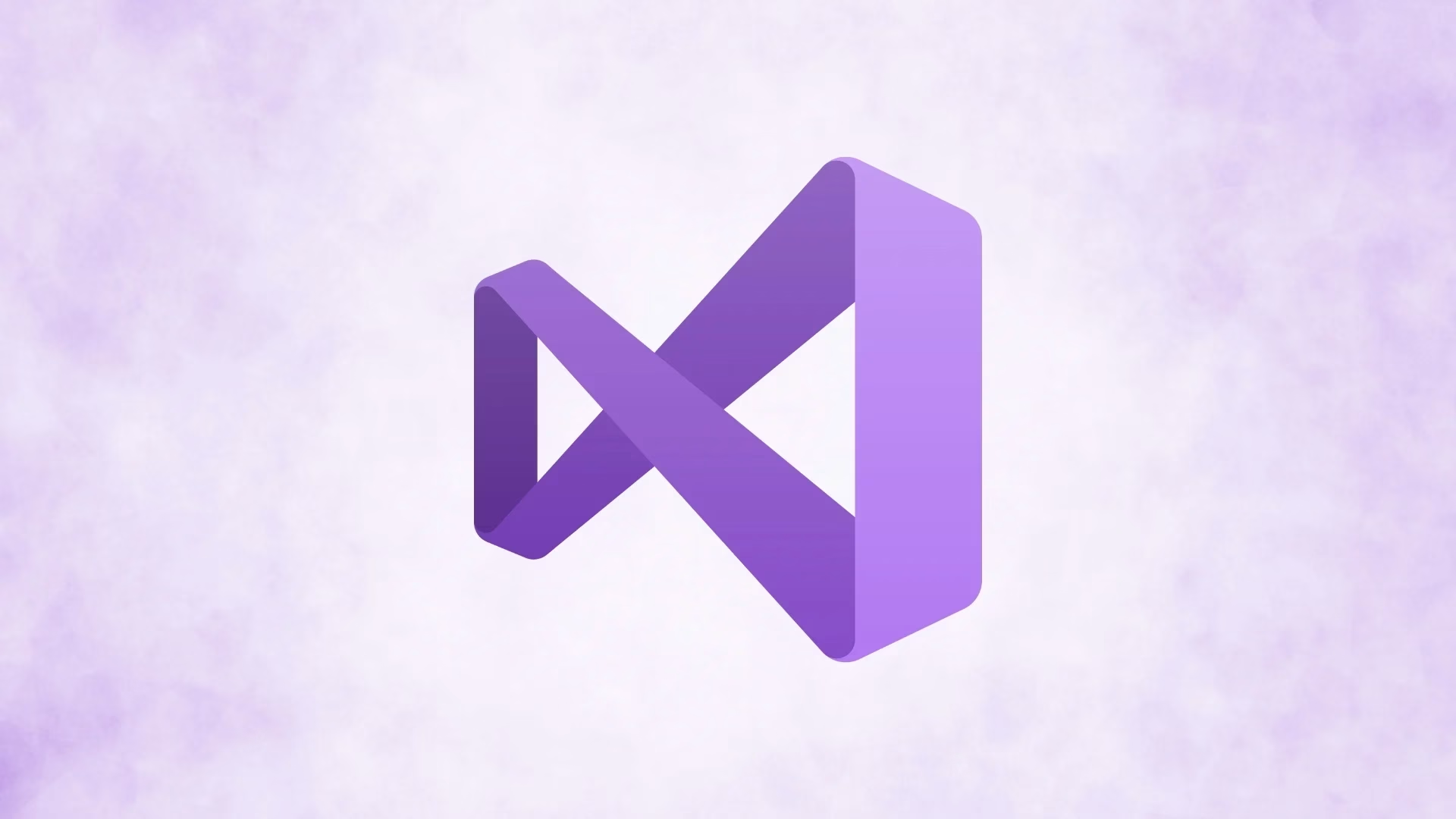Microsoft's Big Play: Visual Studio 18 and the AI Coding Arms Race
It's no secret that the world of software development is in constant flux. Technologies come and go, but some tools stand the test of time, evolving to meet new demands. Microsoft's Visual Studio is certainly one of those, a true workhorse for countless developers globally. But even a titan like Visual Studio isn't immune to the winds of change, especially when those winds are powered by artificial intelligence.
Recent reports, stemming from an internal Microsoft memo, reveal that a significant overhaul is on the horizon for this flagship product. We're talking about "Visual Studio 18," a major upgrade that signals Microsoft's intent to not just keep pace, but perhaps even lead, in the increasingly competitive arena of AI-powered coding tools.
Why the Urgency? The AI Coding Landscape Heats Up
You might be wondering, why now? Visual Studio has been around for ages, and it's already a robust IDE. Well, the answer, as is often the case these days, lies squarely with AI. The market for AI coding assistants and integrated development environments (IDEs) has become incredibly intense. It's a full-blown arms race, if you ask me.
Consider this: Microsoft's own GitHub Copilot, which has been a trailblazer in AI-assisted coding, has reportedly seen some market share erosion to newer rivals like Cursor. That's a clear indicator that innovation isn't standing still. And it's not just smaller players; even tech giants are making big moves. Amazon, for instance, recently launched Kiro, an IDE specifically designed to leverage AI agents for near real-time code generation. That's a pretty compelling proposition, isn't it? These developments put pressure on everyone, even the established leaders.
Visual Studio: The Enterprise Powerhouse Gets an AI Infusion
For those less familiar with Microsoft's developer ecosystem, it's worth noting the distinction between Visual Studio and VS Code. Microsoft offers VS Code, a free, open-source code editor that's incredibly popular and often used by competitors as a base for their own tools. Visual Studio, on the other hand, is a paid, comprehensive Integrated Development Environment (IDE). Think of it as the full-suite professional workshop, offering a much broader array of features for everything from writing and debugging to deploying complex projects.
What to Expect: AI Features and Enhanced Productivity
While a precise release timeline for Visual Studio 18 hasn't been publicly disclosed, a recent Microsoft blog post hinted at "more details later this summer." So, we're likely to hear more very soon. But what kind of AI features are we talking about?
The core idea is to pack Visual Studio with advanced AI capabilities, making it more intelligent and proactive. We can infer some of this from recent updates to the current version, Visual Studio 17.14.9. That update already brought in support for Anthropic's latest AI models and enhancements to the Model Context Protocol (MCP), an industry standard that helps AI models connect with external data sources.
Imagine an IDE that doesn't just suggest code snippets, but understands your project's context, anticipates your needs, and even helps refactor complex sections with greater accuracy. This isn't just about faster coding; it's about reducing cognitive load, minimizing errors, and ultimately, making developers more productive and their work more enjoyable. It's about shifting from reactive assistance to proactive partnership.
The Broader Implications for Developers and the Industry
This significant update to Visual Studio isn't just a product refresh; it's a strategic move by Microsoft to solidify its position in the evolving software development landscape. As AI agents become more sophisticated and capable of generating substantial portions of code, the role of the IDE itself transforms. It becomes less of a passive editor and more of an intelligent collaborator.
Microsoft's commitment to infusing AI throughout its developer tools, as evidenced by this Visual Studio 18 initiative, reflects a broader industry trend. Developers are increasingly looking for tools that can amplify their abilities, allowing them to focus on higher-level problem-solving rather than repetitive coding tasks. This push for AI integration aims to meet that demand head-on. It's a clear signal that Microsoft isn't just watching the AI coding revolution; they're actively shaping it. And for developers, that means more powerful tools are on the way.
